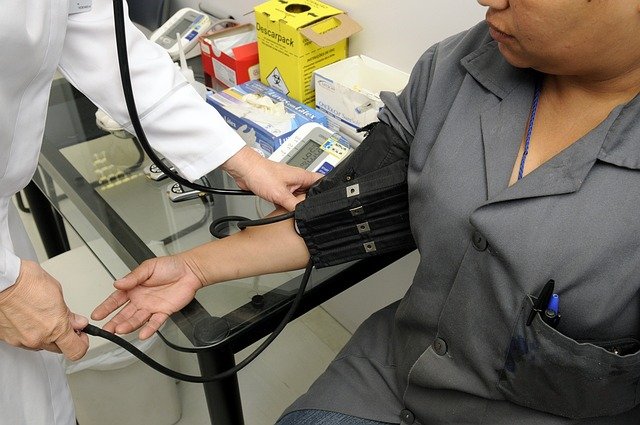Unraveling the Mysteries of Our Circadian Rhythm: How Our Internal Clock Influences Health and Wellness
Our bodies are intricate machines, guided by numerous biological processes that work tirelessly to keep us functioning optimally. One such process that has a profound impact on our health and wellness, yet often goes unnoticed, is our circadian rhythm – our internal biological clock. However, how well do we understand this phenomenon, and how can we use this knowledge to enhance our well-being?

A Glimpse Into History: The Discovery of the Circadian Rhythm
The concept of an internal biological clock is not a new one. The term “circadian” is derived from the Latin words “circa” meaning “around” and “diem” meaning “day,” signifying the pattern’s roughly 24-hour nature. The first recorded observation of a circadian process dates back to the 4th century B.C., when Androsthenes, a scribe for Alexander the Great, noted the daily leaf movements of the tamarind tree.
Modern scientific exploration of the circadian rhythm began in the 20th century. In 1970, researchers Seymour Benzer and Ronald Konopka identified the first circadian rhythm gene in fruit flies, marking a significant breakthrough in understanding the genetic basis of our internal clock.
The Science Behind Circadian Rhythm
Our circadian rhythm is like an internal master clock that regulates numerous physiological processes, including sleep-wake cycles, hormone production, and even mood. This rhythm operates on a roughly 24-hour cycle and is primarily influenced by light and darkness.
The key player in our circadian rhythm is a tiny region in our brain called the suprachiasmatic nucleus (SCN). The SCN receives information about light from the eyes and uses this information to synchronize the body’s circadian rhythm with the day-night cycle.
Recent studies have discovered that disruptions to our circadian rhythm, such as those caused by shift work or jet lag, can have significant health implications. They can lead to sleep disorders, metabolic syndrome, mental health issues, and even cancer.
The Influence of Circadian Rhythm on Health: Evidence-Based Insights
The circadian rhythm’s role in our health is far-reaching. Here are some evidence-based insights on how our internal clock influences our well-being:
-
Sleep Patterns: Our circadian rhythm helps regulate our sleep-wake cycle. It signals our body to produce melatonin, a hormone that induces sleep when it’s dark, and cortisol, a hormone that helps us wake up when it’s light.
-
Mental Health: Research has shown a strong correlation between circadian rhythm disruptions and mental health disorders. These include mood disorders like depression and bipolar disorder, and neurodevelopmental disorders like autism and ADHD.
-
Metabolism: Our internal clock also helps regulate our metabolism. Disruptions to this rhythm can lead to metabolic disorders like obesity and diabetes.
-
Immune Function: Studies have found that our immune response also follows a circadian rhythm, with implications for disease susceptibility and treatment outcomes.
Interesting Facts About Circadian Rhythm
-
The circadian rhythm influences the efficacy of medications. Some drugs are more effective when taken at a specific time of day.
-
The circadian rhythm can affect our athletic performance. Studies have shown that athletes often perform better in the late afternoon when body temperature is at its peak.
-
Not all organisms follow a 24-hour cycle. Some marine organisms follow a tidal rhythm, which is roughly 12.4 hours.
Making the Most of Our Internal Clock
Understanding our circadian rhythm can help us make lifestyle adjustments that enhance our health and wellness. Keeping a regular sleep schedule, getting exposure to natural light during the day, and limiting exposure to artificial light at night can all help synchronize our internal clock with the environment.
In conclusion, the circadian rhythm is an integral part of our biological makeup, influencing various aspects of our health. By understanding and respecting our internal clock, we can take a significant step towards enhancing our overall wellness.






